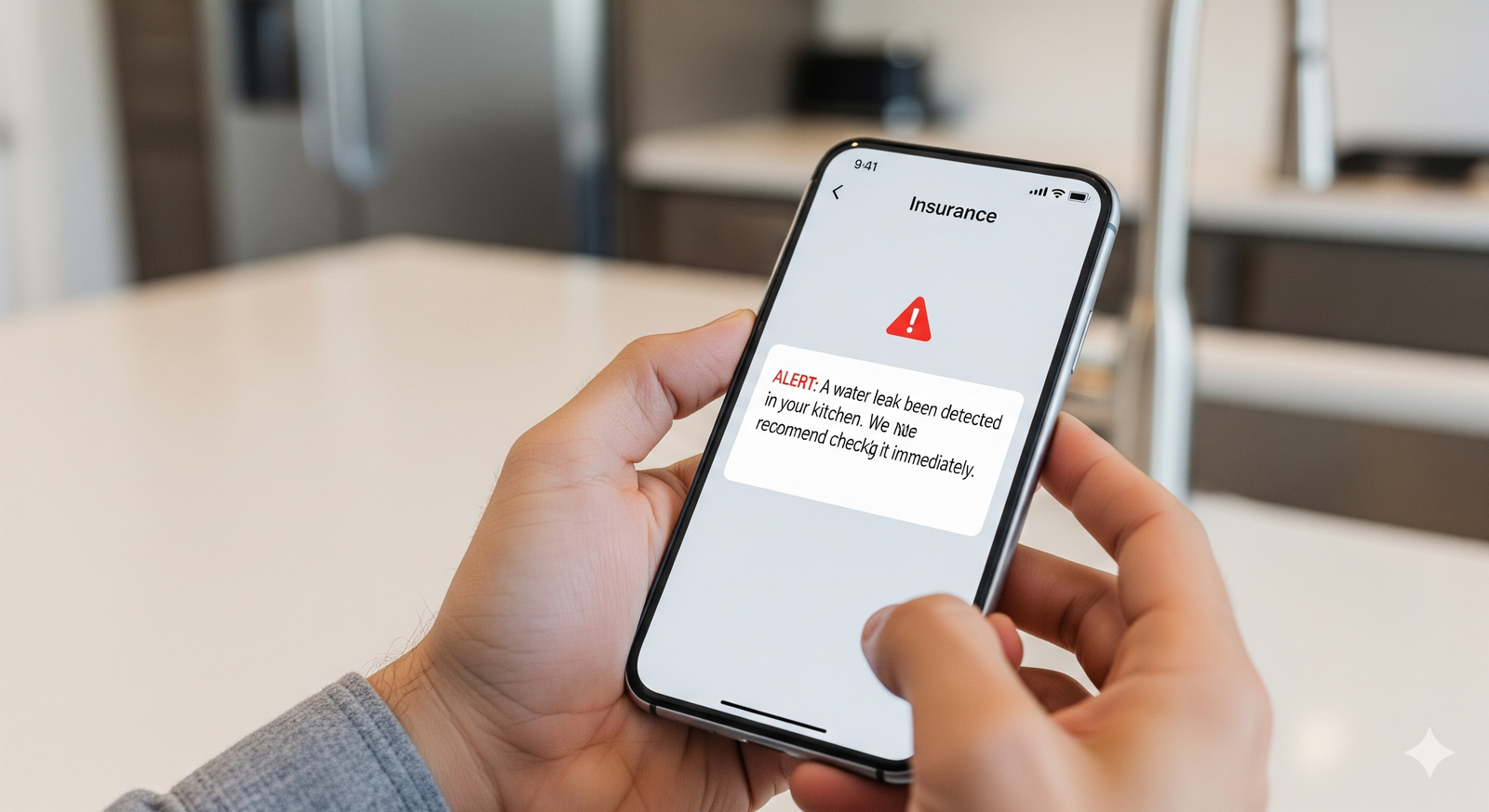Hey everyone! I’m Adnan from The Insurtech Guide. We’ve all heard of usage-based car insurance, where a little device tracks your driving and rewards you for being safe. But what if the same concept could apply to your home? What if your insurance company could reward you not for how you drive, but for how well you protect your home?
This is the core idea behind a new trend: Usage-Based Home Insurance. Companies like Hippo are leading the charge, promising lower premiums and a safer home by using smart technology. As a tech enthusiast, I was immediately fascinated. Could the way I maintain my home actually lower my premium?
I decided to do a deep dive for this usage-based home insurance review. I explored how these policies work, what data they collect, and what the real benefits are. Is this the future of homeownership, or is there a hidden catch? Here’s my honest take.

Table of Contents
What is Usage-Based Home Insurance, Anyway?
First, let’s clear up a common misconception. Unlike its auto insurance counterpart, this model isn’t about tracking “how much you use your home.” Instead, it’s about how proactively you protect your home from common disasters like fire, water damage, and theft.
Think of it less like a mileage tracker and more like a high-tech guardian angel for your home. The core idea is simple:
- You agree to place smart home sensors in key areas of your house.
- These sensors monitor for risks 24/7.
- In return for this proactive protection, your insurer gives you a discount.
It’s a shift from the old model of just paying for damage to a new model of actively working together to prevent it.
How It Works in Practice: A Look at the Hippo Model
To make this tangible, let’s look at how a leader in this space, Hippo Insurance, does it. Their Hippo smart home program is a perfect real-world example.

Step 1: You Get a Smart Home Kit
From my research, I found that when you sign up for a qualifying Hippo policy, they send you a complimentary smart home sensor kit. This isn’t a gimmick; it’s the foundation of the program. The kit typically includes essential devices like:
- Smart smoke/CO alarms
- Water leak detectors
- Motion detectors
Step 2: The “Usage-Based” Data Collection
This is the part that gives this model its name. Once you set up these sensors, they start collecting data. But what are they really tracking?
- The water sensor monitors for moisture, not your water usage.
- The smoke alarm monitors for smoke, not your cooking habits.
- The motion sensor monitors for intruders, not your daily movements.
The data collected is purely for risk prevention. This is a key point for anyone concerned about home telematics privacy.
Step 3: Proactive Alerts and Discounts
This is where the magic happens. If a sensor is triggered—say, a tiny leak starts under your sink—you get an instant alert on your phone. This allows you to fix a small drip before it becomes a flooded kitchen and a $10,000 claim.
Because you are actively helping to prevent major losses, the insurance company rewards you, usually with an upfront connected home insurance discount just for activating the kit.

The Big Question: Is It a Good Idea? The Pros and Cons
To make this a fair usage-based home insurance review, it’s essential to look at both the good and the bad.
| Pros (Why It’s a Great Idea) | Cons (What to Consider) |
| ✅ Prevents Disasters: The biggest benefit is real-world protection. It can help you stop a fire or flood before it starts. | ❌ Privacy Concerns: You are sharing data about your home’s status with your insurer. You must be comfortable with this. |
| ✅ Saves You Money: You get a discount on your premium and you save money by avoiding the cost and hassle of major repairs. | ❌ Reliance on Technology: The system’s effectiveness depends on the sensors working correctly and your Wi-Fi being online. |
| ✅ Free or Discounted Tech: You get a valuable smart home kit for free or at a steep discount. | ❌ Not a “Behavior” Tracker: It’s not for everyone. If you’re not interested in smart home tech, this model won’t appeal to you. |
My Final Verdict: A Usage-Based Home insurance Review
So, after this usage-based home insurance review, do I think it’s a good idea? Yes, for the right type of homeowner, it’s a brilliant one.
This model is perfect for:
- Tech-savvy homeowners who are already comfortable with smart devices.
- Anyone living in areas with specific risks (like freezing pipes in cold climates).
- People who value proactive prevention and want a true partnership with their insurer.
However, it might not be for you if you are deeply concerned about data privacy or simply don’t want to deal with smart technology in your home.
For me, this represents the clear future of home insurance. It’s a smarter, safer, and ultimately more collaborative way to protect our most valuable asset.





Leave a Reply